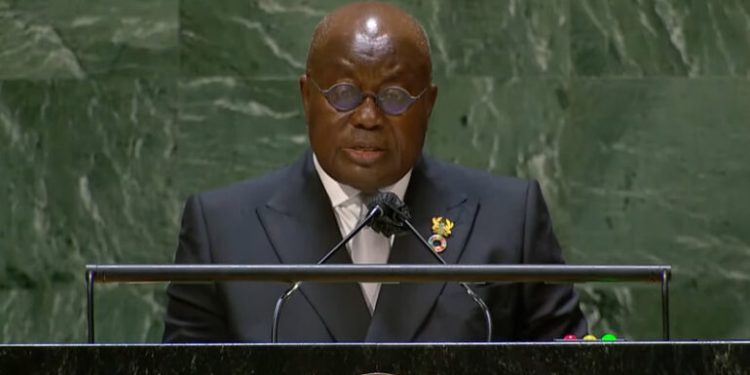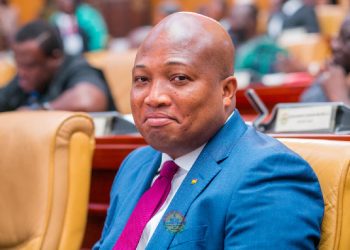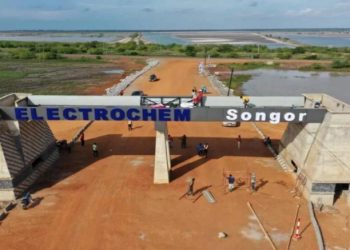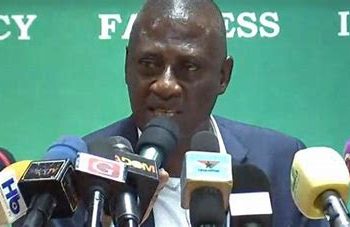Ghana is firm in her support for Israel and Ukraine “in these difficult moments of their national survival”, President Nana Addo Dankwa Akufo-Addo has assured.
The effects of Hamas’ violent invasion of Israel, with all its repercussions for peace in the Middle East, he said, had further compounded global development challenges.
“Ladies and gentlemen, there should be no disagreement about the intensity and scale of the challenges that confront our world, and the urgent need to address them,” the President stated.
Delivering an address at the headquarters of the United States Institute of Peace (USIP), Washington D.C., he drew attention to the need for nations to promote freedom, democracy and security.
Ghana, one of the most enduring democratic nations in West Africa, is a regional leader and critical member of the West African regional bloc, ECOWAS.
As sub-Saharan Africa faces a wave of extra-constitutional movements and growing political instability, the United States and its partners are seeking ways to best support the country and other longstanding democracies in the region to promote and sustain democracy as a governance model.
The USIP’s discussion with President Nana Akufo-Addo will also examine the country’s critical role as a regional leader in promoting peace, stability and sustainable development.
The meeting is looking at issues related to Ghana’s leadership in building peace in West Africa, Russia’s war against Ukraine, and regional security in the Pacific Islands, amongst others.
President Nana Akufo-Addo, in his address, pointed out that the world was in turmoil, and “we are confronted with perilous situations”.
“Terrorism and violent extremism, climate change, food insecurity, political instability in parts of Africa, post-election violence, health pandemics energy crises, rising commodity prices, geo-political tensions, the conflicts in the Middle East, and the needless war in Ukraine, amongst others, have weakened the foundational pillars of multilateralism,” he lamented.
He argued that the world was operating in the most challenging and difficult of times.
“The interlocking challenges and the convergence of crises we face post existential threats that require our immediate solidarity and collective actions,” he advised.















